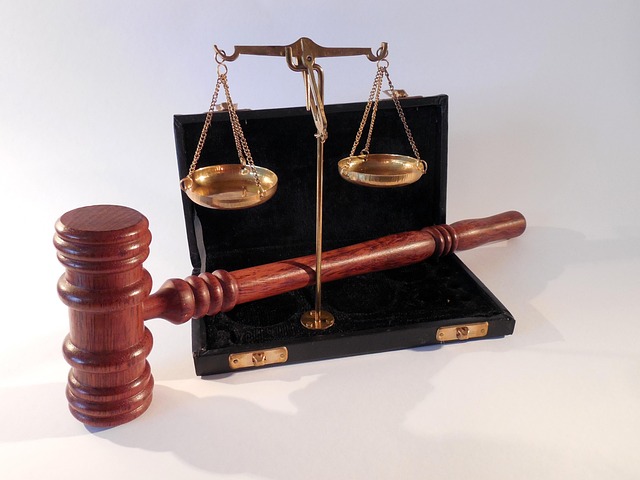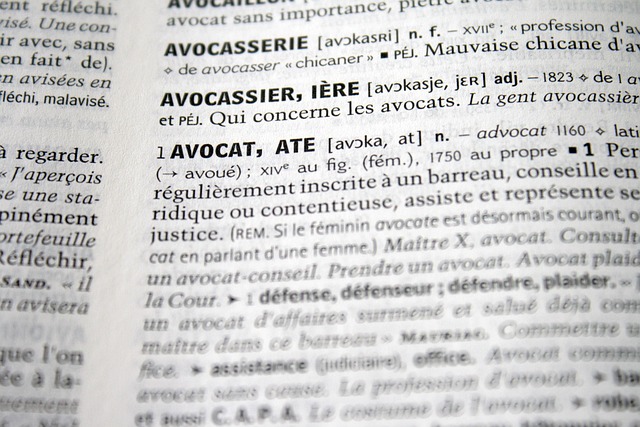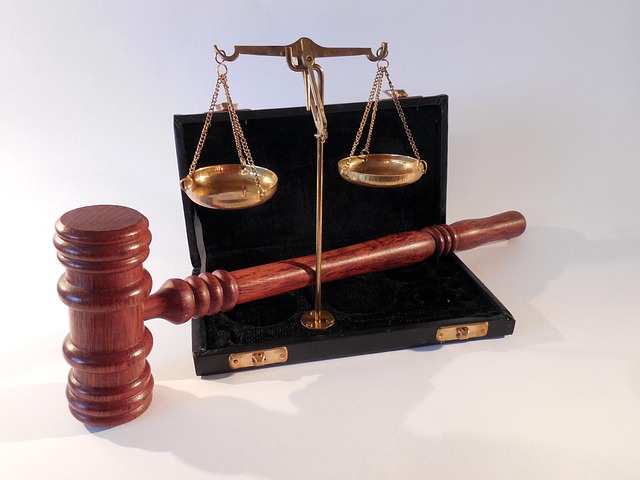Securities class actions empower investors to hold powerful entities like regulatory agencies accountable for securities law violations. Effectively challenging agency decisions requires strategic expertise, understanding the legal framework, and presenting compelling arguments. This process involves scrutinizing the agency's methods, jurisdiction, and assessment consistency, utilizing expert research and testimony throughout. By mastering these complexities, investors can achieve significant financial recoveries, protect their rights, and uphold market integrity while navigating time limits in cases of white-collar and economic crimes.
Securities class actions play a pivotal role in maintaining fairness within the financial markets. This comprehensive guide delves into the intricacies of these legal mechanisms, offering an overview of their function and impact. We explore the crucial role of regulatory agencies in enforcing securities laws, while also shedding light on common challenges faced when contesting agency decisions. Learn essential steps to navigate this process, empowering investors with knowledge on how to effectively challenge regulatory determinations.
- Understanding Securities Class Actions: An Overview
- The Role of Regulatory Agencies in Enforcement
- Challenges and Grounds for Contesting Decisions
- Navigating the Process: Steps to Challenge Agency Determinations
Understanding Securities Class Actions: An Overview
Securities Class Actions offer a powerful mechanism for investors to hold companies and individuals accountable for violations of federal securities laws. These legal actions, brought on behalf of a group of similarly situated investors, aim to protect the interests of those who may have been wronged in the financial markets. Understanding how these cases work is crucial, especially when navigating complex regulatory environments.
In many instances, investors face challenges when seeking justice against powerful entities, including regulatory agencies. High-stakes cases, such as those involving white collar and economic crimes, often require strategic approaches to challenge decisions made by these agencies. Achieving extraordinary results in these scenarios demands a deep understanding of the legal framework and the ability to present compelling arguments that may lead to significant financial recoveries for the affected investors.
The Role of Regulatory Agencies in Enforcement
Regulatory agencies play a pivotal role in enforcing securities laws and protecting investors from fraud. When violations are suspected, these agencies conduct thorough investigations, often leading to legal actions such as enforcement proceedings or referral to law enforcement for criminal prosecution. The Securities and Exchange Commission (SEC), for instance, is charged with ensuring that public companies disclose material information accurately and fairly, maintaining market integrity, and protecting investors.
In cases where individuals or entities face charges from regulatory agencies, understanding how to challenge regulatory agency decisions becomes crucial. Defense strategies may involve presenting evidence to refute allegations, challenging the methodology or interpretation of data, or arguing procedural irregularities. A skilled white collar defense attorney can navigate these complex legal battles, aiming for outcomes that protect clients’ rights while ensuring compliance with regulations, ultimately achieving extraordinary results in the face of white collar and economic crimes charges.
Challenges and Grounds for Contesting Decisions
Challenging regulatory agency decisions in securities class actions can be a complex task, often requiring meticulous legal strategy and a deep understanding of financial markets. Investors and firms alike may find themselves at odds with regulatory bodies over interpretations of laws and regulations. To contest these decisions effectively, one must navigate through intricate legal procedures and present compelling arguments. The process involves examining the agency’s methods, questioning their jurisdiction, and identifying any procedural flaws or inconsistencies in their assessments.
Knowing how to challenge these rulings is essential for achieving winning challenging defense verdicts. It requires a comprehensive strategy that encompasses all stages of the investigative and enforcement process. With an unprecedented track record of success, legal teams can adeptly represent clients, ensuring their rights are protected. Through thorough research, expert testimony, and a robust legal argumentation, challenges to regulatory decisions can be presented in a manner that respects the integrity of the financial system while advocating for fair treatment.
Navigating the Process: Steps to Challenge Agency Determinations
Navigating the process of challenging agency determinations in securities class actions can be complex. If investors believe a regulatory agency’s decision is erroneous or unjust, they have legal avenues to contest it. The first step involves thoroughly reviewing the agency’s decision and identifying any legal or factual errors. This step requires careful consideration of the relevant laws and regulations governing securities and class action lawsuits.
Once identified, the next crucial stage is preparing a compelling argument. Investors should gather substantial evidence and legal precedents to support their position. Presenting a well-structured and detailed challenge ensures a robust debate. The process may involve submitting formal requests for review or reconsideration, engaging in discussions with agency representatives, or even initiating administrative or judicial proceedings. It’s essential to act promptly as time limits often apply when challenging such decisions, focusing on white-collar and economic crimes for the respective business.
Securities class actions play a crucial role in maintaining fair markets and protecting investors. While regulatory agencies like the SEC enforce securities laws, challenges and appeals are essential components of the process. Understanding how to challenge regulatory agency decisions is vital for both companies facing allegations and investors seeking redress. By navigating the steps outlined in this article—from recognizing grounds for contestation to taking decisive action—individuals can effectively participate in this intricate legal landscape, ensuring that justice is served and market integrity preserved.






